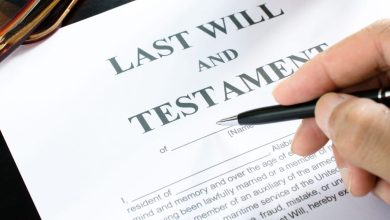‘Giuliani’s Troubling Acknowledgment of False Election Claims’

In a surprising turn of events, former New York City Mayor and personal attorney to Donald Trump, Rudy Giuliani, has admitted that his claims of widespread voter fraud during the 2020 presidential election were false. Giuliani’s admission comes as part of a lawsuit filed against him by Dominion Voting Systems seeking $1.3 billion in damages for defamation.
This admission is a significant blow to the credibility of Giuliani and Trump’s legal team, who spent months spreading baseless conspiracy theories and seeking to overturn the election results. It raises serious questions about the ethical conduct of those involved and their willingness to put personal and political agendas above the truth.
By recanting his false claims, Giuliani has effectively admitted to misleading the public and stoking division at a time when the country was already deeply polarized. His admission is not only troubling but also undermines the very foundations of democracy. The right to vote and have confidence in the electoral process is a cornerstone of any democracy, and spreading false information about it undermines the system’s integrity.
One cannot ignore the fact that Giuliani’s false claims not only tarnished the reputation of Dominion Voting Systems but also contributed to the threat of violence and unrest in the aftermath of the election. The Capitol riots on January 6th bear witness to the dangerous consequences of spreading misinformation and baseless conspiracy theories.
Giuliani’s admission should prompt serious reflection and accountability within the political and legal spheres. Those who willingly disseminate false information for personal gain or to further political interests must face consequences for their actions. This includes not only Giuliani but also others who amplified and propagated his claims without adequate evidence.
Furthermore, Giuliani’s admission highlights the need for well-regulated systems to prevent the spread of false information and protect the integrity of elections. Social media platforms and news outlets play a significant role in shaping public opinion, and it is crucial that they take responsibility for verifying the accuracy of the information they disseminate.
It is important to note that Giuliani’s admission of false election claims does not automatically undo the damage caused. The seeds of doubt sown during a contested election can have long-lasting consequences. Restoring faith in the electoral process will likely require a concerted effort from individuals, institutions, and leaders to promote transparency, credibility, and public trust.
Ultimately, Giuliani’s admission serves as a wake-up call for the nation—a reminder that the spread of false information and conspiracy theories can have dire consequences. We must strive for a society built on truth, accountability, and respect for democratic principles. Only then can we hope to heal the divisions and move forward as a united country.




